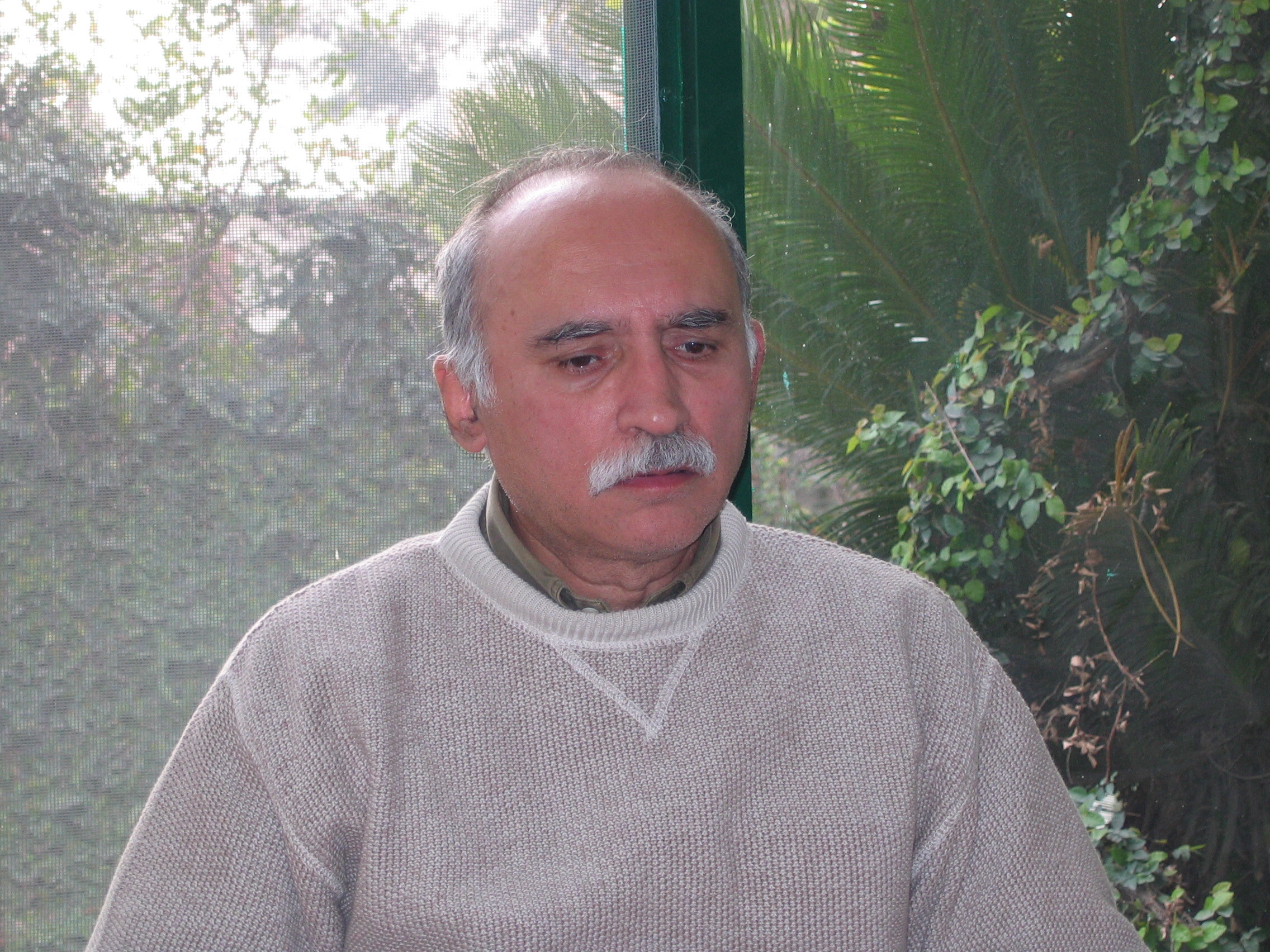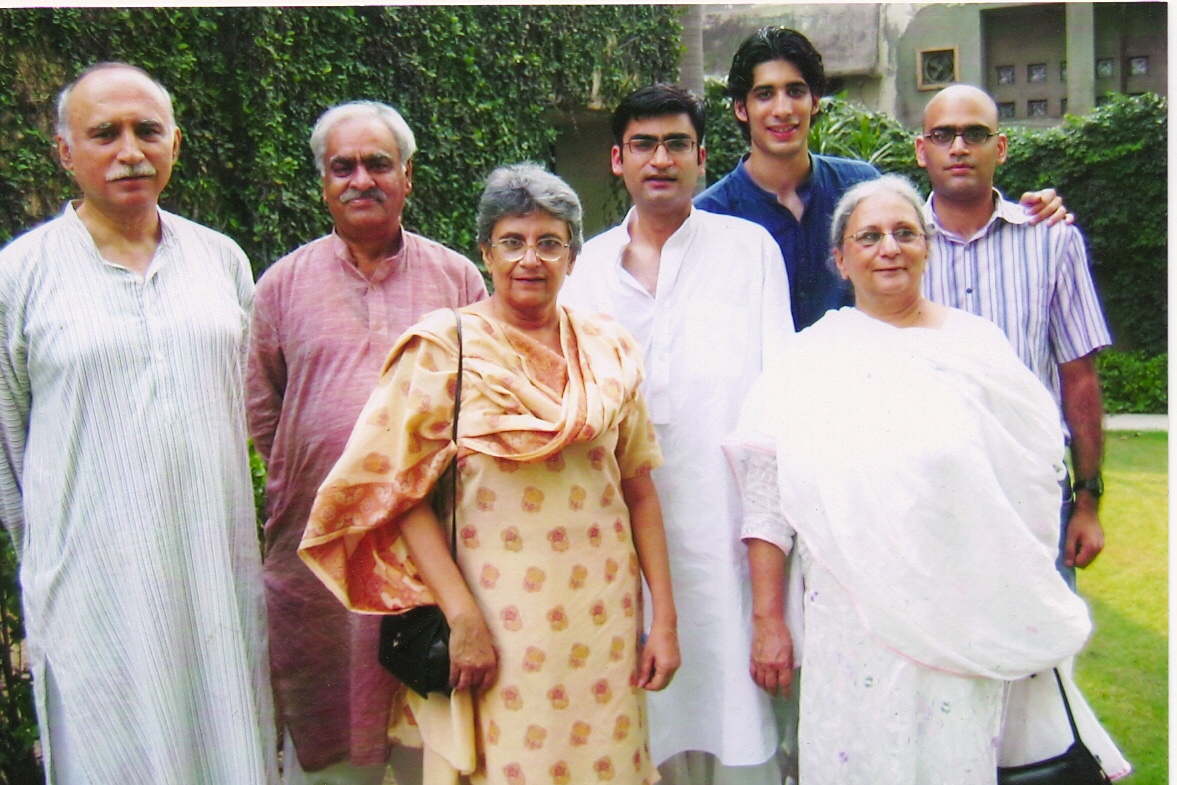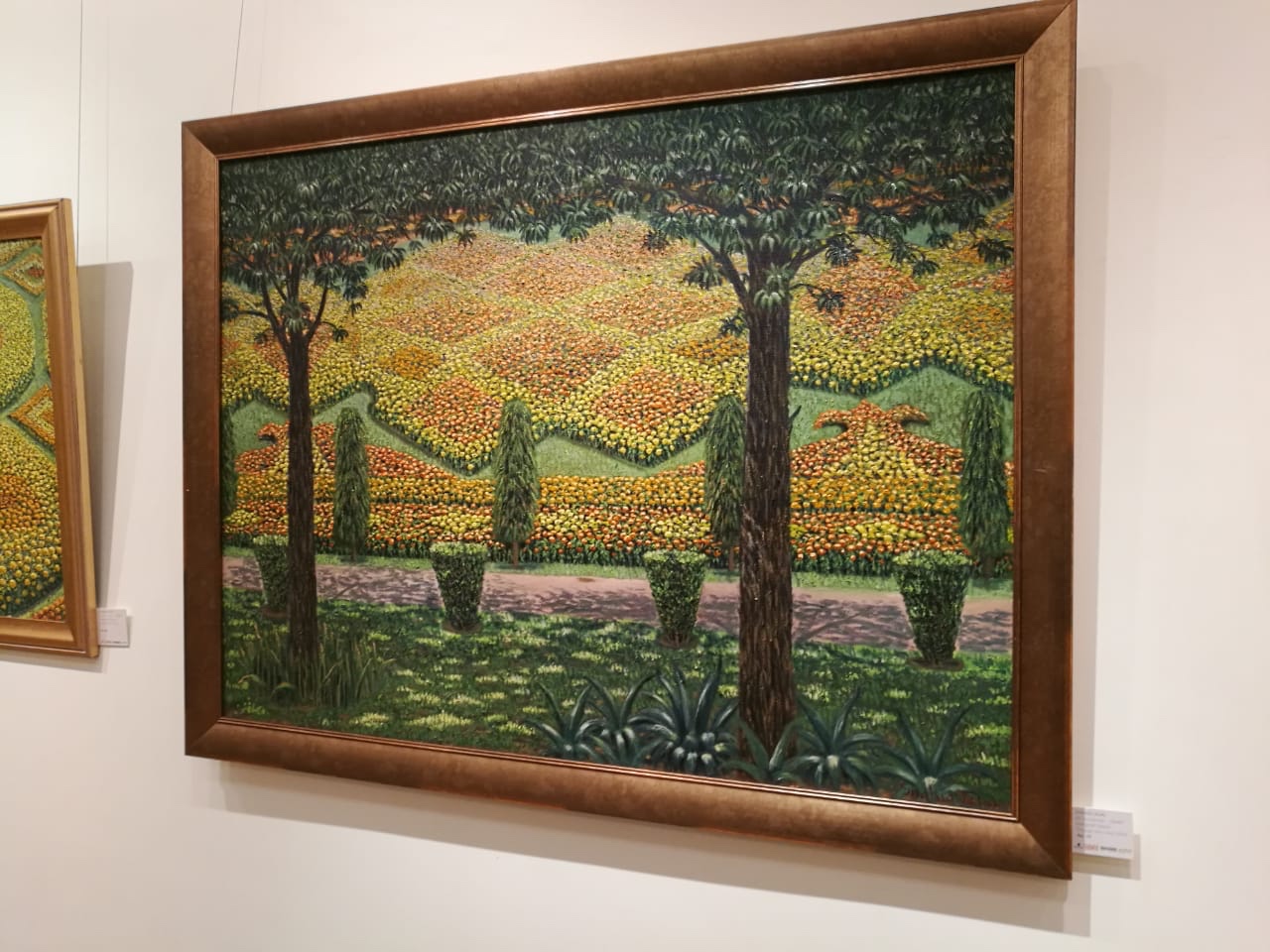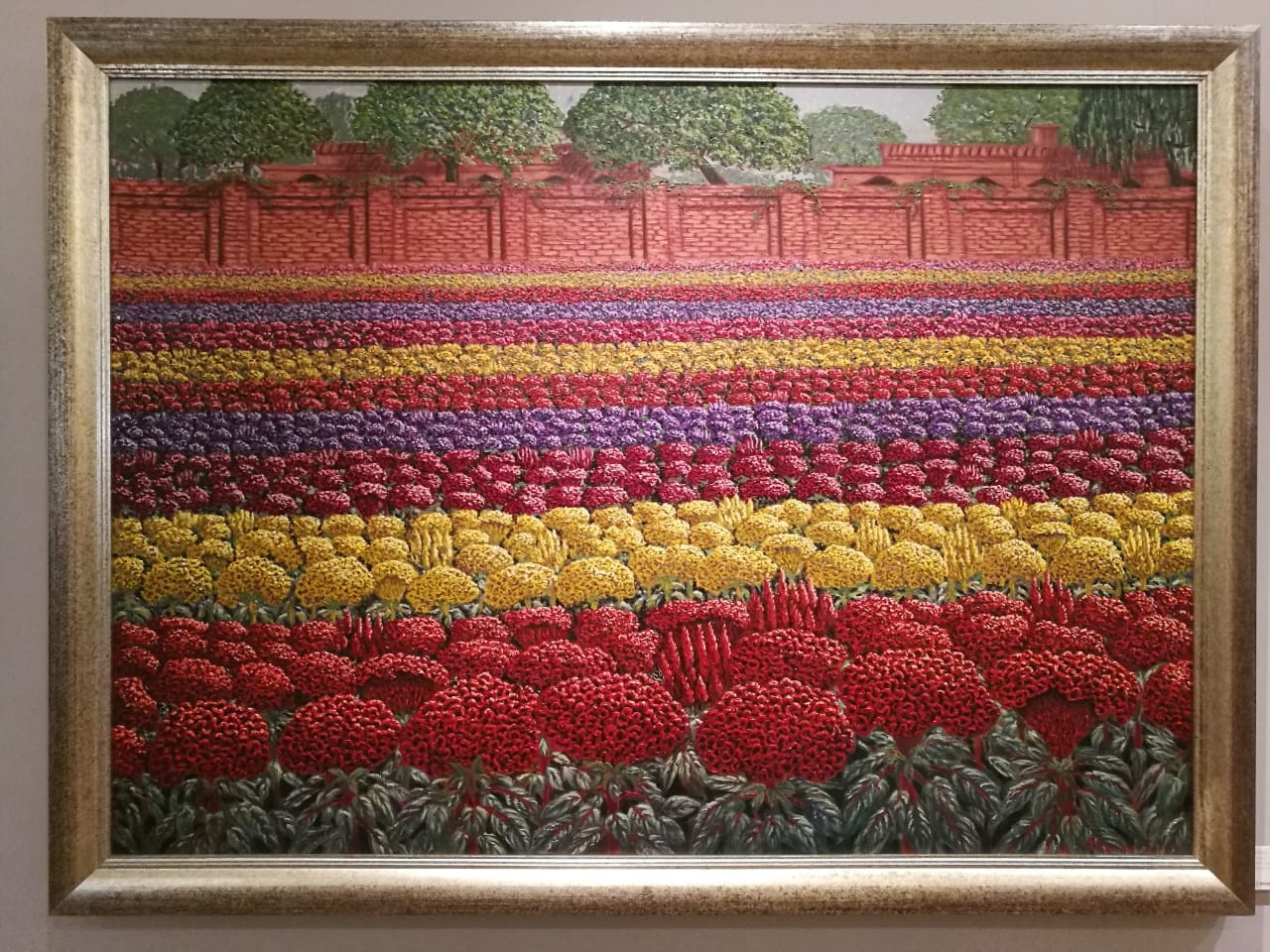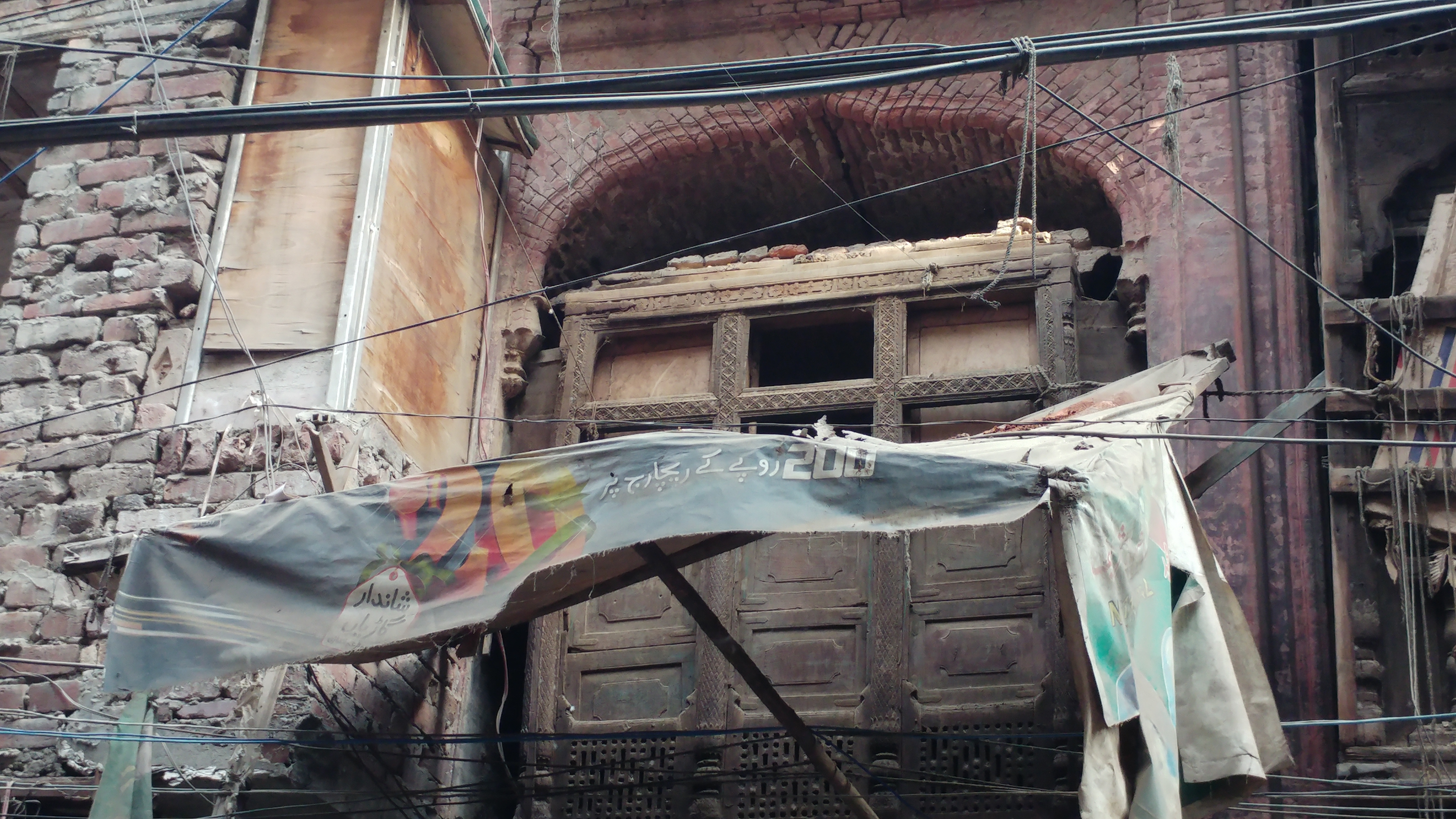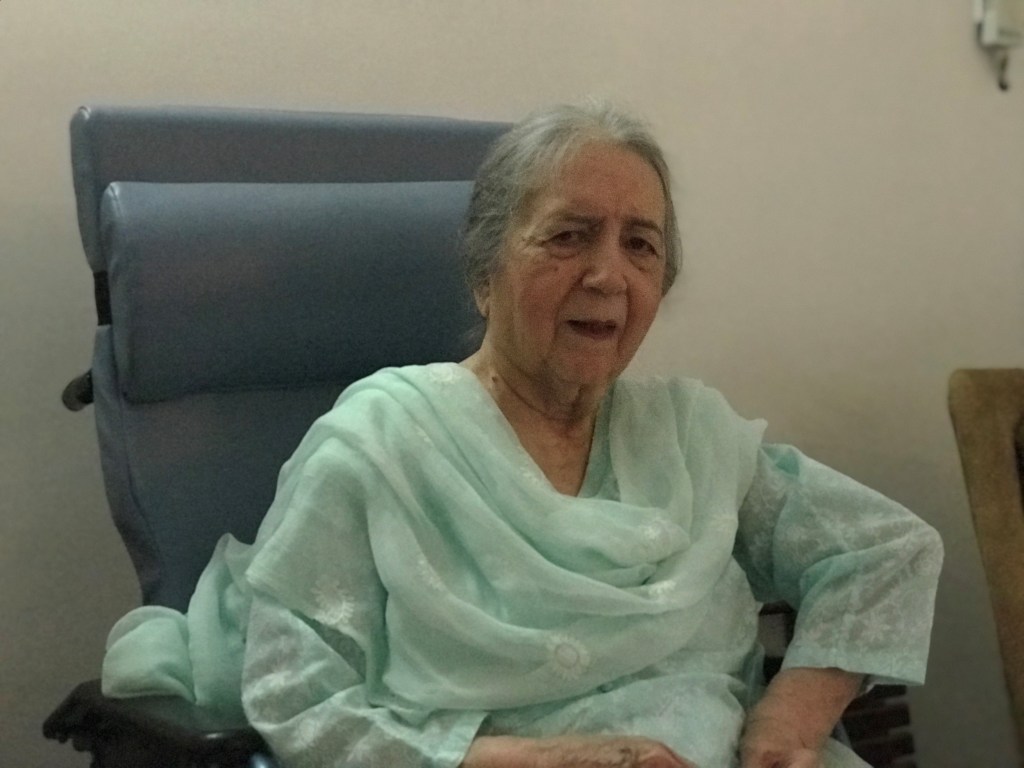
Eternal beauty has its facets, charms, and uniqueness. However, inner beauty possesses the density and depth which leaves a lasting impact. The distinctiveness of inner beauty does not subside, lose its sheen/shine over a period. Its reflection remains eternal and never fades away until the time of mortality runs out. Having witnessed the inner beauty of Zakia nano over thirty-five years, its existence and refreshment retains its aura and continue to be enchanting. Her presence bears a hallmark of elegance, dignity, contentment filled with bloom on that beaming smile of hers leaves you in awe.
It isn’t less than a blessing to be in the presence of such a benevolent lady, who has not only showered us with love but exhibited examples of virtuousness, mercy, kindness in every given way. Having spent a considerable amount of time in her presence, I have nothing but profound respect for her. Since childhood, I have received her love, care, and warmth, which has always left me clamouring for more. Not only her charisma but her towering personality has influenced us in every given way. I never saw my real grandmother; she died a few years before my birth. However, Zakia nano filled that void I never felt the absence of my maternal grandmother. While growing up and being a frequent visitor to 6 Nisar Road for over three decades, there has not been a single moment that I haven’t cherished and enjoyed in her presence. Her deft touch, softness and innocence always melt our hearts retain that magnetism. Moreover, Zakia nano has never differentiated between her real grandchildren and me and has always treated us equally and fairly. She has doted on all of us, and we can never pay back the love we have received except for praying for her health.
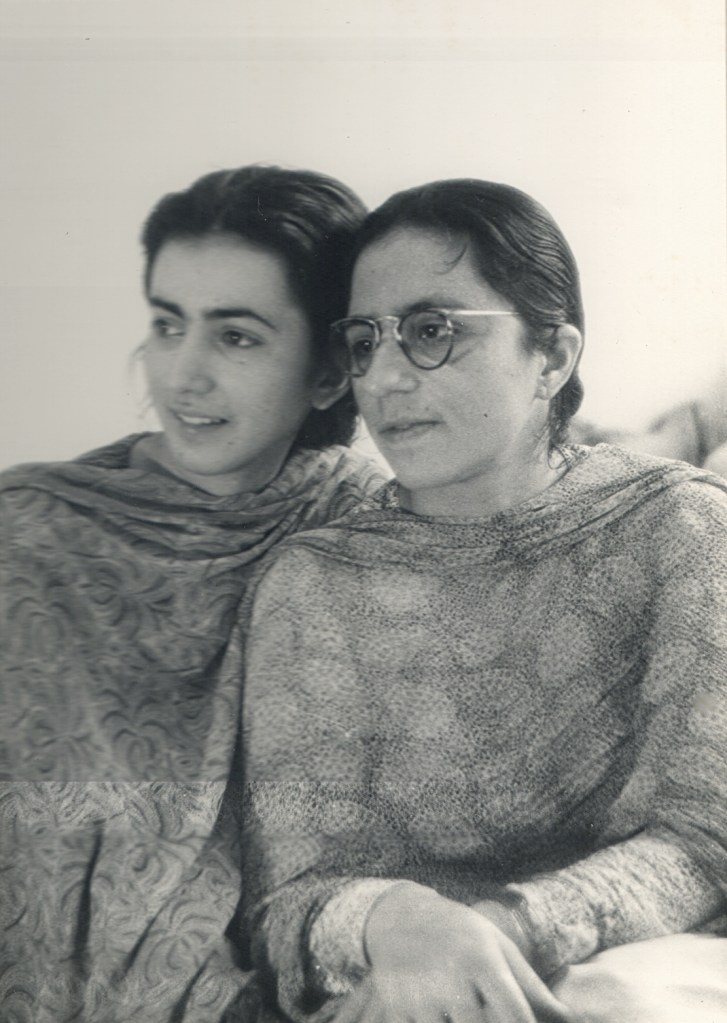
Rarely do we find true blessings in our lifetime in any form, but God has granted Zakia nano with it in abundance. I have a lot of anger deep resentment which she somehow can interpret and decipher. Whenever I have faced such a situation, her words of wisdom and kindness to be steadfast in times of adversity and to remain calm have always helped me. There are no holds barred with her in my case There are no holds barred with her in my case. She has always listened to my grievances, offered guidance, advice in exchange. She gleams and blooms of an angelic presence, bestowed to her by God. Whenever I felt dejected, she has always raised my spirits with her gentleness and kindred spirit, which evokes a spirituality that I am devoid of. In her presence, you feel soothed and relaxed, with no sense of ever being overawed or overwhelmed. She somehow figures out whenever I feel troubled or disturbed. She has such a profound sensitivity coupled with a beautiful soul that has always filled us with joy.
Her heart is full of love and affection for everyone and neither does it harbour any malice or bias towards anyone. The principles she instilled in her children and the generosity they exhibited throughout their respective lifetimes towards countless people bear her imprints. Never has she glorified herself; despite possessing such a beautiful heart and soul. Her observance and keenness at this age are exemplary. Her nature is subdued, and calmness personified. You can see the frown upon her face for the things she dislikes and disapproves of. Whenever I misbehave in front of her, she politely tells me to lower my tone and behave properly instead of scolding or rebuking me. Lastly, I can never say no to any request put forth by her. She encourages me to pursue my passion for reading and write as much I can.
The solitude and sublimity in her eyes have always been reassuring. It not only gives us strength but provides lessons of forbearance and sustenance in times of adversity. She remains the foremost example of humanity that I have come across in my entire life. From childhood till adulthood, I have looked forward to seeing my beloved Zakia nano. A visit to her house over the weekend has been a ritual for our family for decades. In her presence, I have always felt enlightened. She has fulfilled her role of the family patriarch with dignity and honour. The respect she has earned over her lifetime speaks volumes about her virtuosity. Not only is she forthright but retains that aura of simplicity and down to earth demeanour for which she is renowned. She is a model of excellence and learning from whom we all have drawn a lot of inspiration. Neither has she ever devoured things like so many people do, but her frugality remains exemplary.
No words can capture the essence and pay tribute to a woman of Zakia Nano’s calibre. She has filled the void of my late maternal grandmother, who I never saw. To have lived in the shadow of my angelic grandmother has been nothing short of a revelation. I consider myself not only lucky but privileged to have had the distinction of spending years with such a compassionate, kindred, and humane lady. Not only is being her grandson a badge of honour, but I also feel blessed that God gave me such a doting and loving grandmother. Our entire family owes a debt of gratitude to Zakia nano for bestowing us with so much affection we pray that God grants us her with an abundance of good health.

